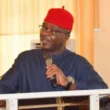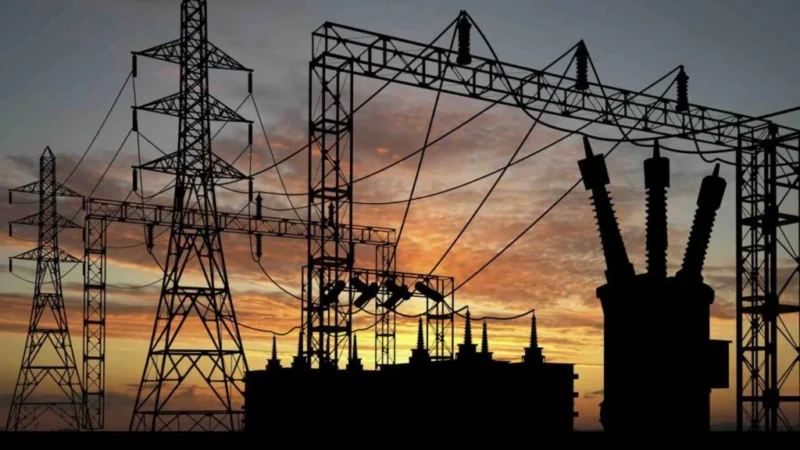The Rural Electrification Agency (REA) has revealed that more than 20,000 communities across Nigeria remain without access to electricity. This was made known by the Managing Director of REA, Mr. Abba Abubakar Aliyu, during the commissioning of two new mini-grid projects in Bakin Ciyawa and Kwande communities, located in Qua’an Pan Local Government Area of Plateau State.
The mini-grids, which have a combined capacity of 550 kilowatts peak (KWp), were built under the Interconnected Mini-grid Accelerated Scheme (IMAS). These projects aim to provide uninterrupted electricity to more than 3,500 households and businesses in the region.
Aliyu, who was represented at the event by the Executive Director of the Rural Electrification Fund, Engr. Doris Udoh, noted that the projects are part of an 11-million-euro grant provided by the European Union and the German government.
“The total package they gave us is over 11 million euros, which has been divided according to the capacity needs of each community. More than 60 percent of this project was donated by the EU and the German government.”
He also noted that the Federal Government, through REA, has a detailed plan to expand access to electricity across rural communities using renewable energy sources.
“Under the present government, we are energizing a total of 3,700 communities, but we are doing it in phases. It is going to be 100 communities per state, and we are going to be infusing a total of 370MW of clean energy.
“The first phase, which is going to be 25 communities per state, will bring 925 communities across the Federation, and we will be infusing over 92MW of clean energy into our energy space.”
Aliyu further noted that one of the major advantages of these solar mini-grids is their positive impact on the environment. He explained that by replacing diesel generators and kerosene, these projects will significantly reduce carbon emissions.
“The 550 kWp system installed in Bakin Ciyawa and Kwande will reduce an estimated 600 tons of CO2 emissions annually. This carbon emission reduction is equivalent to taking approximately 130 cars off the road or planting about 15,000 trees each year. These reductions are crucial in mitigating climate change and moving towards a greener future for Nigeria.”










